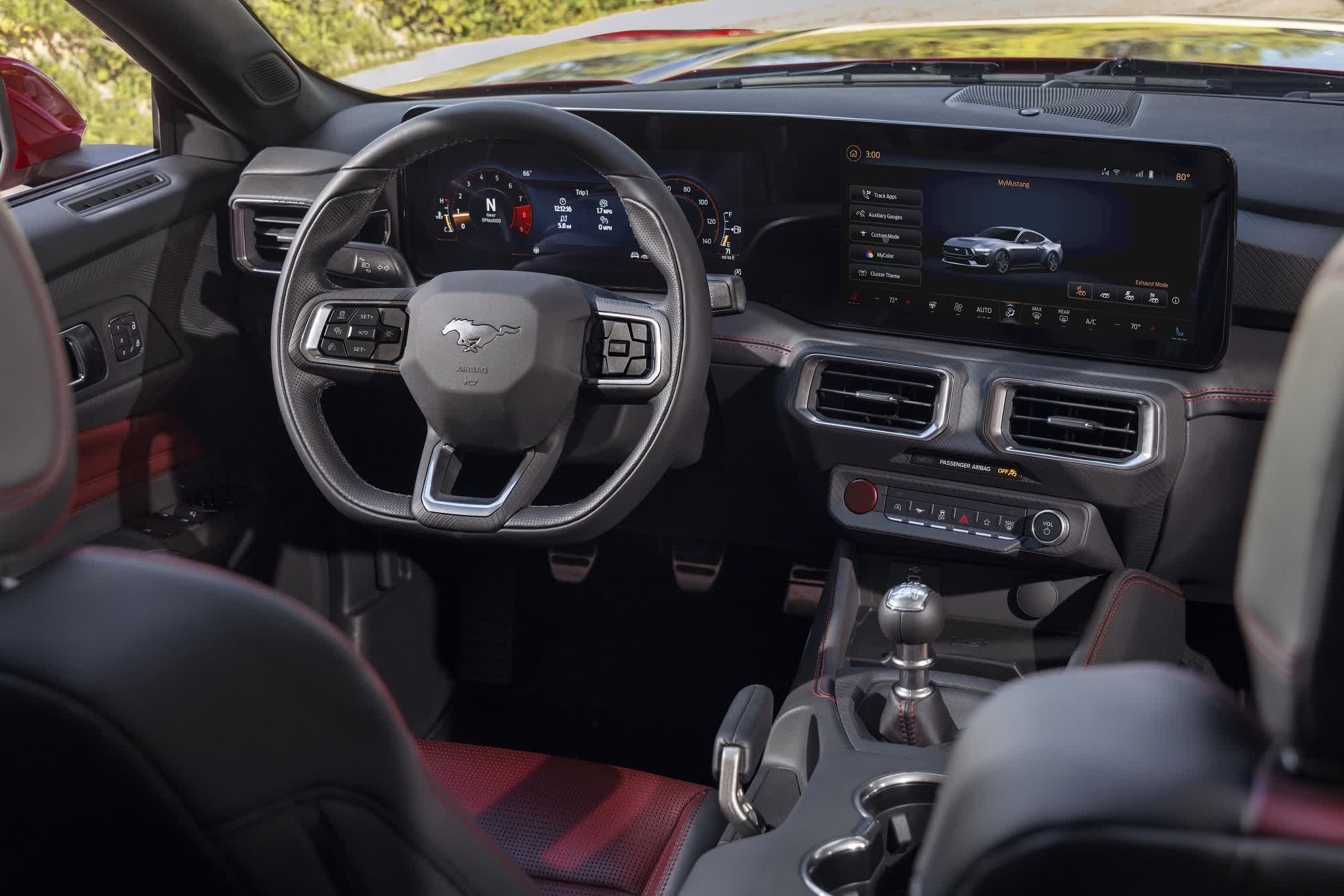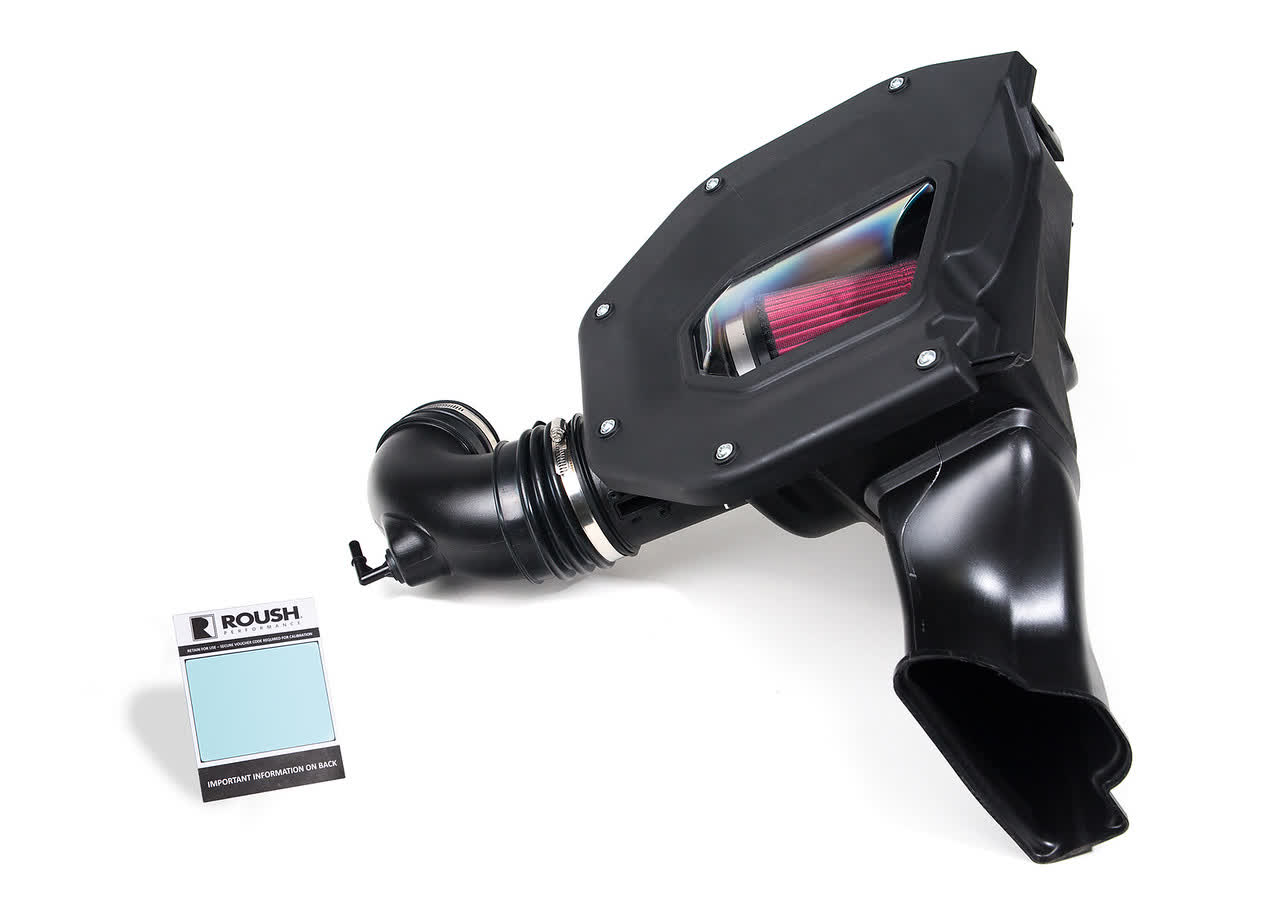Why it matters: Automakers have embraced the benefits of living in a connected world, with real-time data transfers and over-the-air updates becoming the standard in today's new vehicles. But with every network connection comes the potential for cyber criminals to exploit a security vulnerability. As automakers respond to these evolving threats, aftermarket enthusiasts find themselves slowly losing their ability to modify OEM equipment.

Ford Mustang aftermarket enthusiasts may soon find it harder to make performance modifications to their vehicles thanks to Ford's new fully networked vehicle (FNV) architecture. The electrical architecture, which allows the automaker to deliver over-the-air (OTA) updates, will likely also encrypt the vehicle's electronic control unit (ECU) in a way that renders previous modification methods ineffective.
The enhanced encryption standard is a necessary response to the ever-evolving threat posed by hackers looking for new ways to access a vehicle's control systems, driver information records, or communication and location systems. Unfortunately, the encryption also impacts the ability of existing aftermarket flash and piggyback tuners to successfully augment factory ECU input and output signals.

According to Mustang chief engineer Ed Krenz, Ford's FNV architecture has the ability to detect when a user attempts to alter any of the vehicle's programmed signals or encoded instructions. Once detected, FNV will take actions ranging from shutting down the specific system being altered to shutting down the vehicle altogether.
Aftermarket tuners and performance enthusiasts have traditionally relied on altering these signals in order to maximize the performance of upgraded engine, driveline, and braking components. The inability to alter these signals limits the potential effectiveness of future engine and driveline component upgrades. Regardless of how advanced the installed parts may be, drivers would likely never experience the full potential of their upgrades without the ability to alter the specific signal and inputs required for their operation.
Ford has said it is open to working with third-party tuners to provide the access needed to tune and calibrate upgraded vehicles. While this may bode well for larger, well-established Ford collaborators such as Roush Performance and the Shelby Performance Center, it could make research, development, and sales far more expensive (or even unattainable) for smaller, more specialized aftermarket performance shops that lack the same brand recognition and financial backing.
Automotive technology will continue to get faster, more complex, and provide more opportunities to interact with the world around us. And the problem of enhanced security isn't exclusive to Ford alone. There's no question that the aftermarket performance industry will evolve and adapt to these changes as they always have, but the increasing levels of complexity and effort required have the potential to seriously reshape the aftermarket performance landscape.